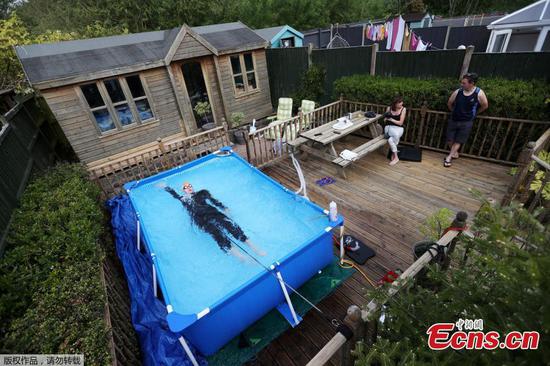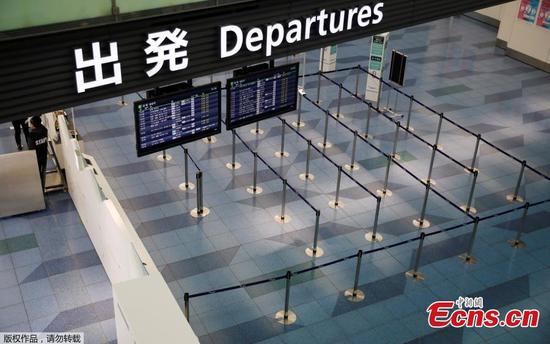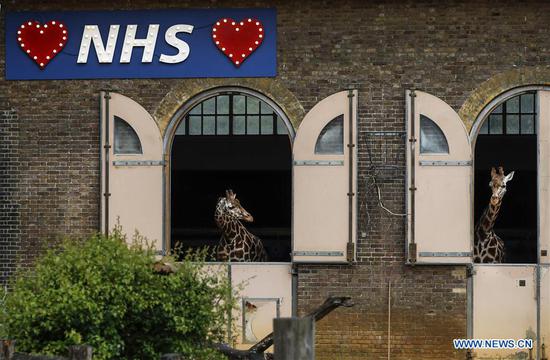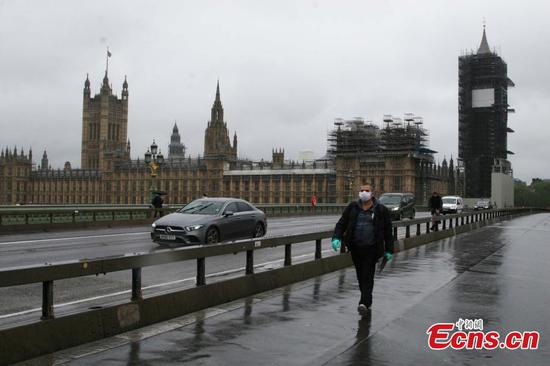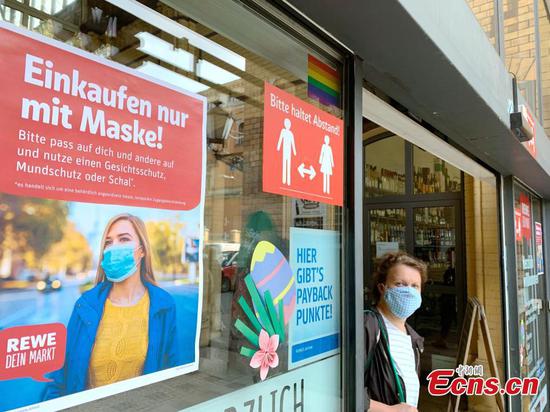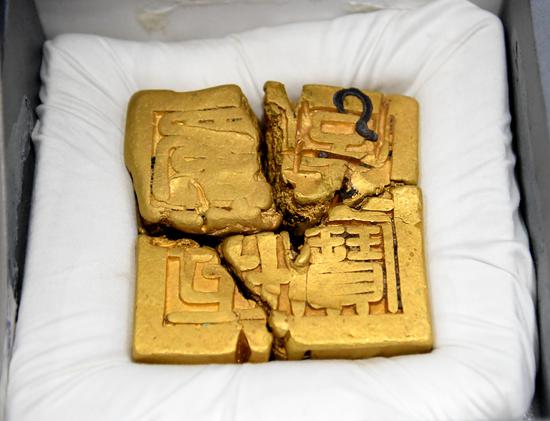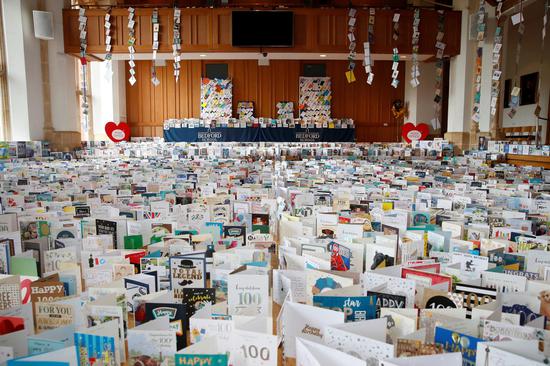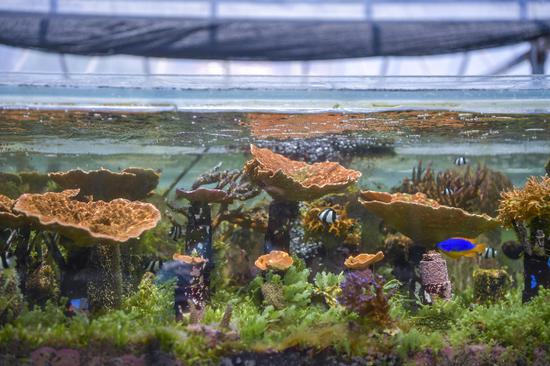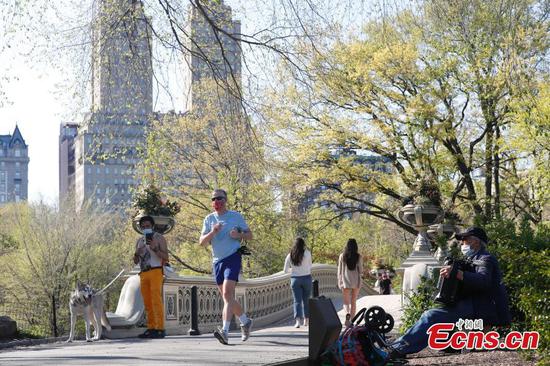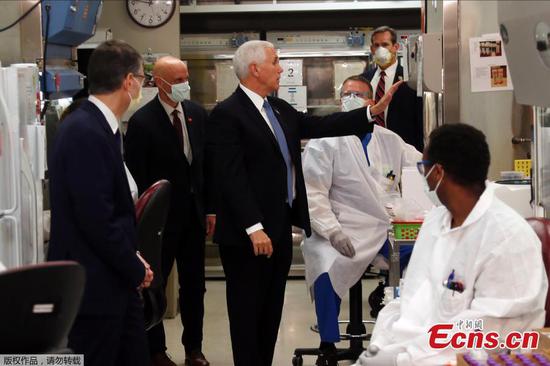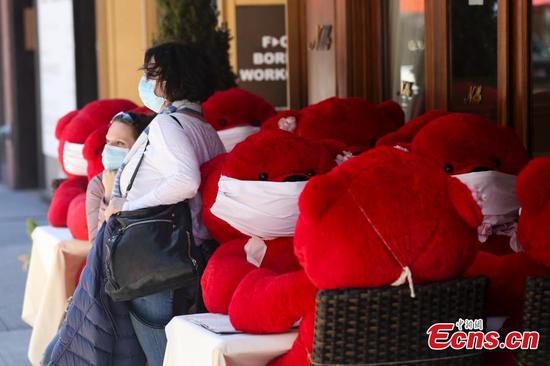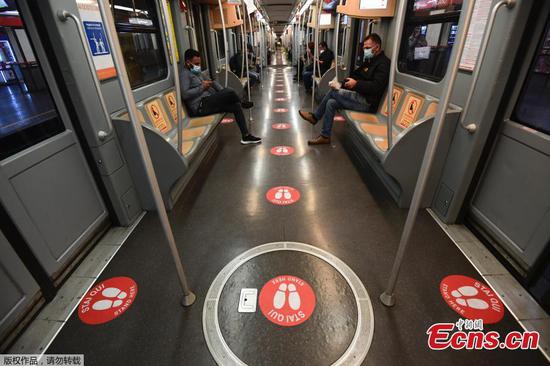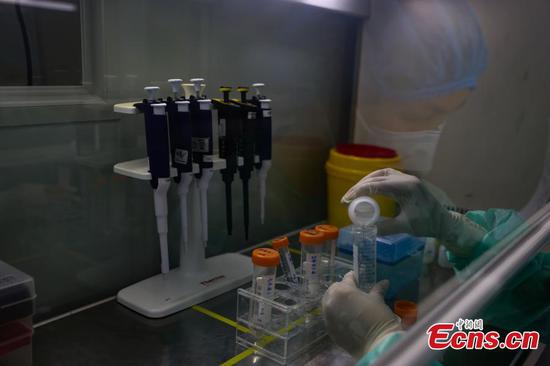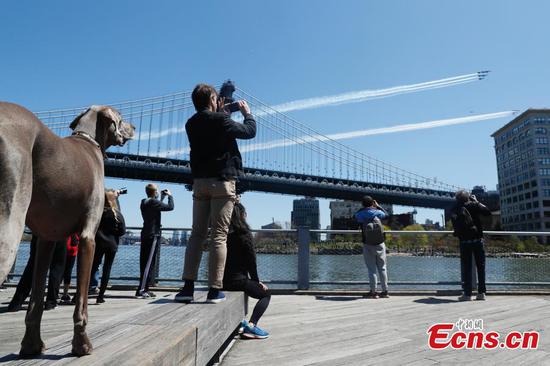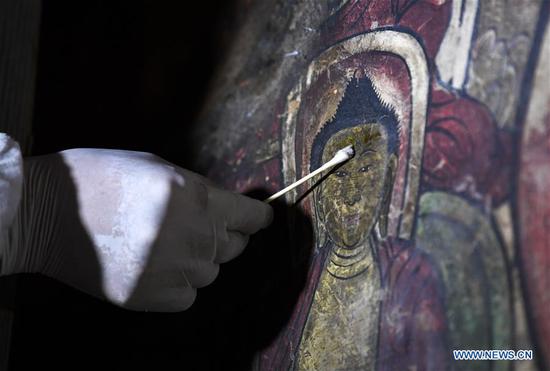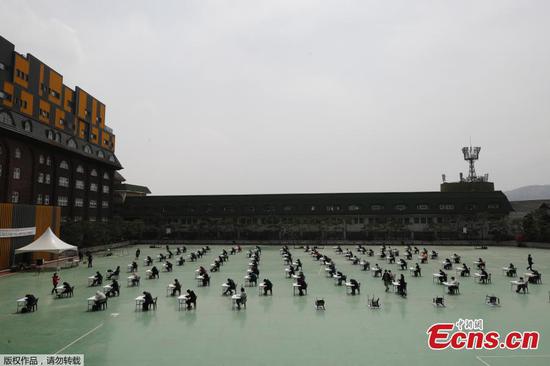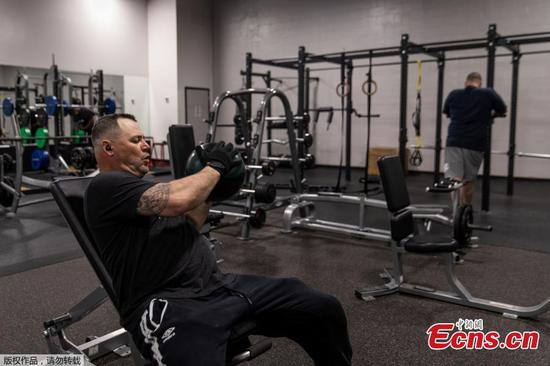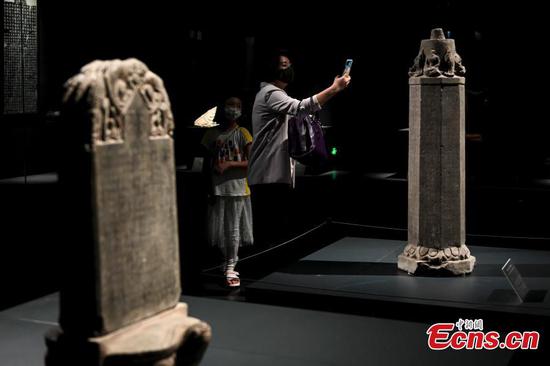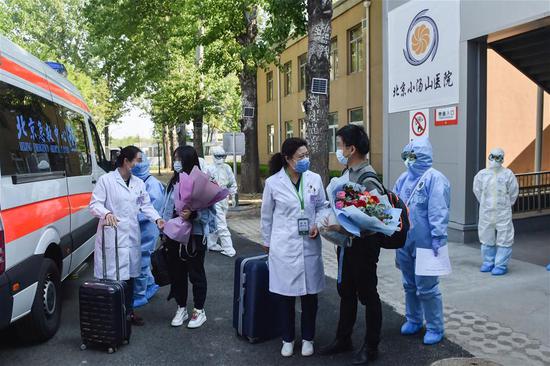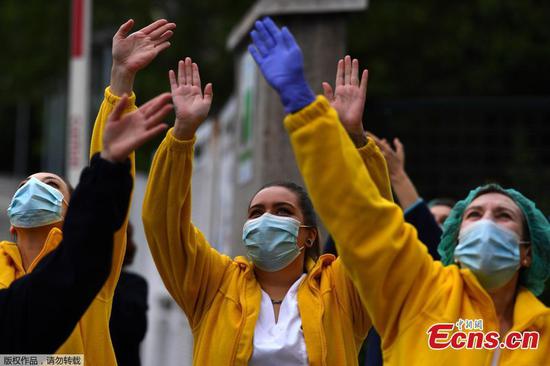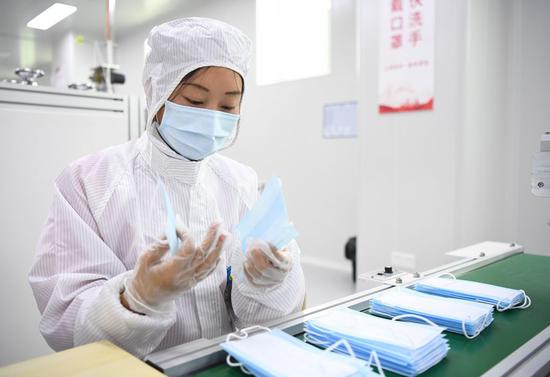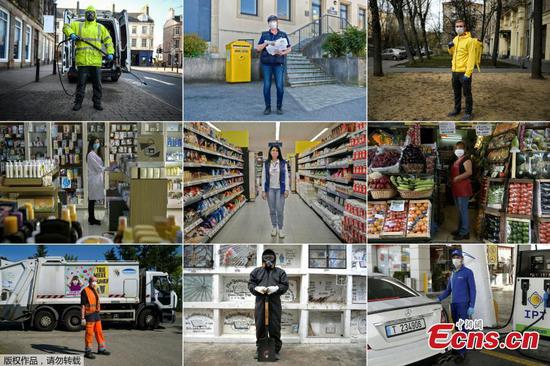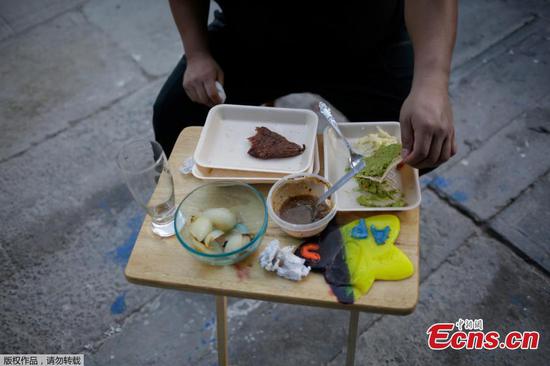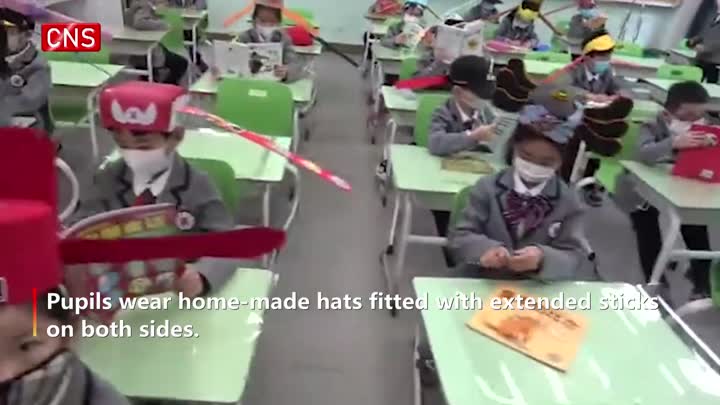Nearly 300,000 COVID-19 cases have been reported in the U.S. state of New York by Wednesday evening, according to a tally kept by Johns Hopkins University.
Governor Andrew Cuomo said at his daily briefing that 4,585 additional cases were added overnight statewide, reaching 299,691 as of 9 p.m. (0100 GMT on Thursday), and the daily death toll fell to 330, the lowest since early March.
An antibody survey has shown that at least 10 percent of police officers and first responders in New York City had been infected with COVID-19 and recovered.
The survey was conducted with 1,000 New York City Fire Department (FDNY) officers and 1,000 New York City Police Department (NYPD) officers from across all five boroughs, according to Cuomo.
Preliminary results show that 17.1 percent of FDNY officers and emergency medical technicians and 10.5 percent of NYPD officers have COVID-19 antibodies.
Same tests were conducted with 1,000 transit workers in the state on Wednesday, and more will be done by race and gender in the future to further determine the spread of COVID-19 infections, said the governor.
Meanwhile, the capacity of the daily diagnostic testing has increased to 30,000 in the state, halfway to Cuomo's goal of doubling the capacity from 20,000 per day to 40,000 per day.
"We know testing is key to re-opening New York. It is the indicator that will show if we are keeping the infection rate down throughout the re-opening process," said Cuomo.
He has directed the Metropolitan Transit Authority to issue a full plan by Thursday on how it will clean and disinfect every subway train every night, as the conditions of the system deteriorated during the pandemic.
Media reports showed that many New York City subway trains have become homeless shelters, with trash scattered around and homeless people sleeping on the seats, while thousands of essential workers in the city still need to commute by public transit.
At Tuesday's briefing, Cuomo blasted the situation as "disgusting" and "disrespectful" to essential workers who are risking their lives to serve New Yorkers' basic needs during the shutdown.
The pandemic is also taking a psychological toll on healthcare workers. Dr. Lorna Breen, a New York emergency room doctor, died by suicide at 49 earlier this week.
Her family members told ABC that Breen took 12-hour shifts battling on the frontline against COVID-19. She was infected with coronavirus earlier but returned to work after days of recovery, telling her family "I can't leave. Nobody's leaving. I have to stay and help."
To support healthcare workers and first responders on their mental health, New York City Mayor Bill de Blasio announced on Wednesday a new program in collaboration with the Department of Defense (DoD) and other local health agencies.
The program, which includes elements of DoD's combat stress management and resilience program, is expected to be available by the end of this month.
The program builds upon the city's existing "Help Healers Heal" program, which offers frontline healthcare workers direct mental health support in the form of a 24/7 behavioral health helpline staffed by psychiatrists and psychologists.
"Our frontline heroes are fighting a war on two fronts," said de Blasio. "They have been through so much to protect their fellow New Yorkers, and we will not allow them to shoulder the mental toll of this pandemic alone. To those who are struggling: your city hears you, we see you, and help is on the way." Enditem











